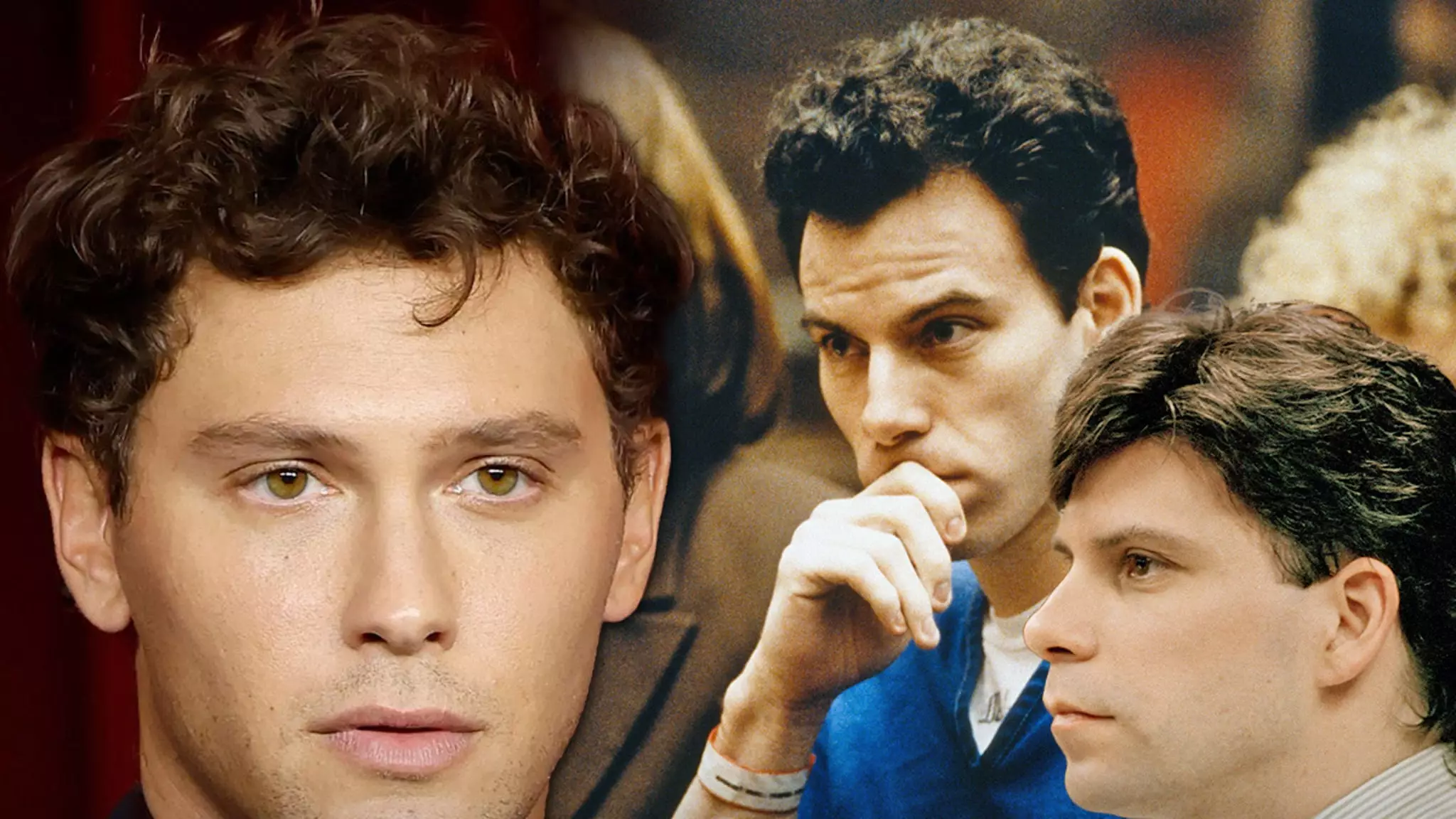The case of Lyle and Erik Menendez is a fascinating lens through which societal perceptions of crime and punishment can be examined. Recently, Cooper Koch, who portrays Erik Menendez in a Netflix dramatization, demonstrated a particularly human element: his presence at a court hearing advocating for the brothers’ resentencing. This act of solidarity raises questions about the impact of media portrayals on public empathy and legal decisions. Koch did not just show up as an actor but as a symbol of support, highlighting how narratives in popular culture often shape the public’s understanding of real-life events.
The visceral reaction to cases like the Menendez brothers—who were convicted of murdering their parents in 1989—reveal the complexities of morality and justice in America. Many in the public view them as cold-hearted criminals, yet there exists an opposing perspective that sees them as victims who grew up under extreme familial abuse. Koch’s participation indicates a shift in how some might view their actions, urging a reconsideration of their motives and the environmental factors leading to their crimes.
The Legal Landscape: A Tug-of-War for Freedom
At the recent court hearing in Van Nuys, the courtroom was filled with influential figures from the Menendez family, despite the absence of the brothers themselves. They are currently fighting for a resentencing petition that could alter their lives dramatically, shifting their status from long-term prisoners to potential parolees. Yet, the Los Angeles County District Attorney Nathan Hochman is adamantly opposing this move, arguing that the brothers should remain confined due to the severity of their crimes.
The legal battle revolves around a motion that seems almost paradoxical: if a judge grants resentencing, the case might ultimately land in the hands of the California Board of Parole Hearings, which Governor Gavin Newsom has already instructed to assess whether Erik and Lyle are a danger to society. This bureaucratic entanglement shows how intertwined the legal system is with political influence, revealing that while the judicial rulings may seem independent, they are often subject to the whims of public sentiment and political agendas.
Hope Amidst Despair: The Future of the Menendez Brothers
While many take a hardline stance against the Menendez brothers, advocating for their continued imprisonment, it is essential to ask: what justice is ultimately served? The narrative of perpetual punishment can spiral into a cycle devoid of rehabilitation or understanding. With the California Board of Parole Hearings already reviewing the case, the question arises whether society is ready to grant the Menendez brothers an opportunity for redemption.
Despite their past, the brothers have already spent decades in prison—a significant period that might demonstrate their change of heart and character. Time served raises fundamental inquiries about justice: should it be solely punitive, or should it also consider the potential for human growth and change? Such questions become paramount as we explore the intersection of media representation, public opinion, and legal justice—factors that define the future of the Menendez saga in a world that often struggles to reconcile its narratives of right and wrong.
The presence of supporters like Koch at court proceedings challenges conventional wisdom by fostering dialogues about empathy, understanding, and the variables that contribute to criminal behavior. As we reflect on the Menendez case, it becomes evident that the story is more than a mere headline; it is a profound illustration of the human experience navigating the justice system.

